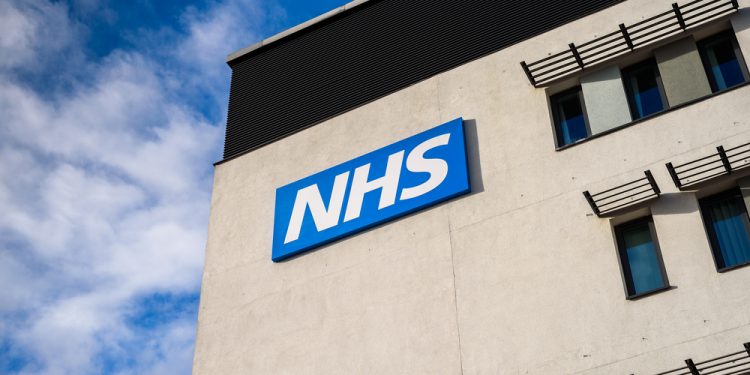The NHS needs proper collaboration with the independent sector to create innovative solutions to prevent patients from developing long term health conditions.
This is according to Jayne Thorpe, deputy director of transformation at NHS South West London Integrated Care Board, who said radical solutions were needed to alleviate the current crisis but she did not want to be sold to by external providers.
Speaking at a Westminster Health Forum webinar, presenting a picture of the crisis the NHS is currently facing, Thorpe likened the situation to a sink full of water where the taps are still on and the water is rising.
Thorpe explained that while hospitals and the independent sector are working really hard to pull the plug out of the sink to alleviate the pressure, the water levels continue to rise due to trends like an ageing and increasing population and an obesity epidemic.
Consequently, Thorpe said she would like the NHS to focus on the tap and for tech providers, digital and data provider and the voluntary and independent sector to develop solutions with input from clinicians, operational staff and patients.
“The idea is we work in collaboration to innovate and the idea is we don’t want digital providers or independent sector to come in and say, we want to sell you this,” she said.
“I don’t know how many emails a day I get from people selling me something. What I really love doing is collaborating with these different partners to come up with solutions.”
Thorpe noted that she wanted this collaboration to involve patients, clinicians, operational people and those with digital solutions. And she added that a wide variety of ideas need to be sought.
“We need innovation, we have to be quite radical and it’s not radical if you’re from the private sector like I am,” she continued.
“These things have been going on for 20-30 years – things like using AI, data, robots, machine learning, digital tech so we can be really innovative in the NHS to start working on that tap.
“I would say that I think patients are the most underutilised resource in the healthcare system so at some point we’ve really got to jump on this peer support, self-management and deliver education and empowerment for our patients.
“And the last thing, and this might be controversial, but the NHS has chosen to prioritise maintaining huge, expensive hospital institutions – how are we going to shift funds around the system from the plug to turning off the tap?”






